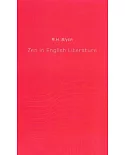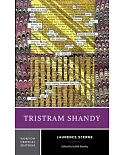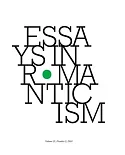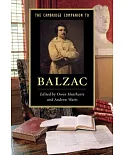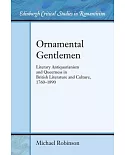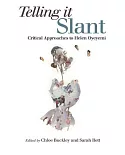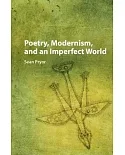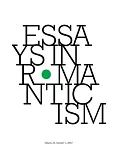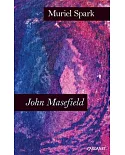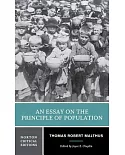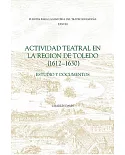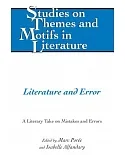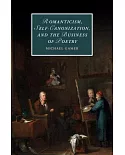FBI Chief J. Edgar Hoover was obsessed with literary modernism. And no one represented that burgeoning movement better than James Joyce. After all, Joyce's contributions to modern literature
are unparalleled, and he is widely regarded as having penned the greatest novel of the twentieth century. But Hoover's fixation on Joyce was of a different sort altogether, one fueled by
intense paranoia and fear. Joyce and the G-Men is the story of Hoover's investigation of James Joyce and all that Joyce represented to Hoover as a notorious modern writer and cultural
icon. Hoover's infamous preoccupation with political radicalism, especially communism, affected writers, intellectuals, activists, and artists not only in America, but in several nations.
Culleton details how Hoover managed to control literary modernism at a time when the movement was spreading quickly in the hands of a young, vibrant collection of international writers,
editors, and publishers. Culleton shows how Hoover, for more than fifty years, manipulated the relationship between state power and modern literature during his tenure in the Bureau.
Ultimately, Joyce and the G-Men traces Hoover's career and reveals his doggedly persistent intervention into one of the most important critical movements of his time, literary
modernism.


